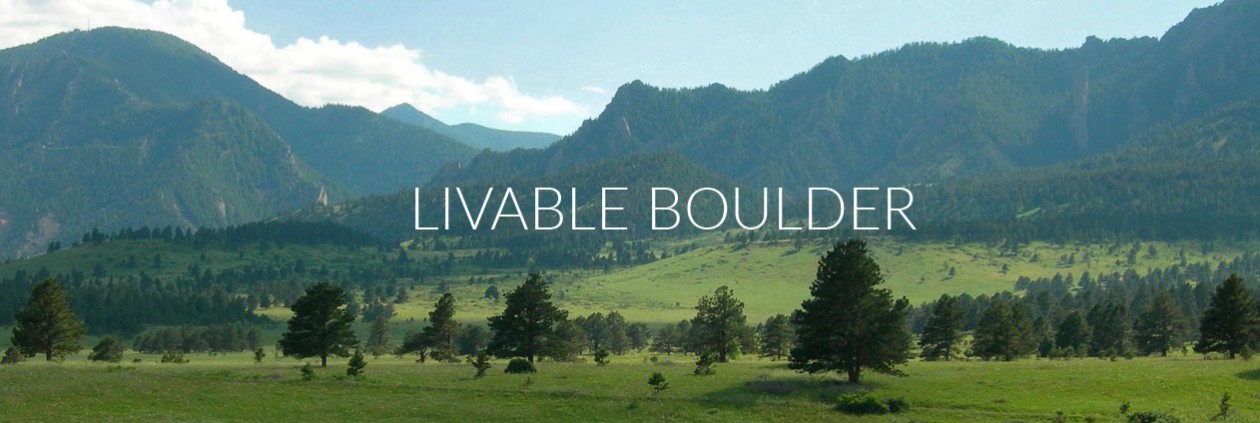Jan Trussell: Protecting our neighborhoods
Some years ago, neighbors near the former Washington School had to do the impossible — gather petitions with signatures of 10 percent of all registered Boulder voters to try to stop the project on that site, which was so inappropriate that the council had to in effect “spot zone” the land, arguably illegally, to let it proceed.
Before that, there was the furor over building high-rise apartments along South Lashley Lane, on the east side of south Broadway. This went forward with the support of the council and staff until a huge protest was staged in the NIST auditorium.
More recently, there was a battle over the potential annexation of the Hogan Pancost property near East Boulder Community Center. City staff supported this foolish project in a flood-prone area with high ground water. The neighbors’ efforts to explain the problems fell on deaf ears until the planning board unanimously turned the project down. Council could have shut this down at any time by designating the land as not annex-able under the Boulder Comprehensive Plan, but so far the land remains in limbo.
The Baseline Zero project, a massive office park and hotel, was proposed in Martin Acres on land zoned for neighborhood-benefiting retail and services. It would have buried the neighborhood in traffic, parking, height, and potential flood impact (being fully located in the neighborhood’s 100-year floodplain). That neighborhood had to fight this tooth and nail to even get it put on hold and it’s likely to be back when the city lifts its temporary height cap. City staff should have never let this project start forward and council should have stopped it.
The final straw was the city’s Comprehensive Housing Strategy, now called “Housing Boulder,” whose staff-generated goals were approved by council. These goals called for wholesale densification of essentially all neighborhoods in Boulder. There was never any scientific polling of all citizens to see if that’s what they want. There was never any consideration of what this might mean for property values, or for the quality of life and what’s really galling, there was never any real analysis as to whether the identified outcomes would achieve much of lasting value. Finally, according to some citizens who are involved in this project, the process is so flawed, it’s a waste of time.
So now citizens are fighting back. There is an initiative, “Neighbors’ Right to Vote,” that, assuming enough people sign the petitions, will be on the ballot this fall. This would empower a neighborhood that is subject to up-zoning, or changes in city land use regulations that would increase the density or intensity of development, to refer those measures to the voters in the neighborhood by gathering signatures of 10 percent of the registered voters in the neighborhood. (This is not easy, but it’s easier than what the Washington School folks went through; they had to gather signatures from 10 percent of all Boulder voters.) If the majority of a neighborhood votes “No,” then these changes in regulations would not apply to that specific neighborhood.
Contrary to a letter to the editor published April 29, this initiative does not give the neighbors power to turn down a project that is legal under the current zoning. And it certainly doesn’t give 10 percent of the voters the power to do anything but put the up-zoning or regulation change to a vote of all the neighborhood residents.
What is quite insulting is that some current and former council members are now saying that the same Boulder neighborhood people whose votes they courted last election are selfish and mean-spirited. I suggest people look at a map, so they can see that almost all Boulder neighborhoods are diverse.
And perhaps more to the point, if city council and staff made the effort to reach out and talk to the real neighborhoods rather than doing Internet surveys that automatically favor one demographic, they might learn that Boulderites are quite happy to absorb some change. They just don’t want to have it jammed down their throats by some planner who has just moved here, or by city council members that are more interested in nice-sounding generalities rather than the on-the-ground realities.
Jan Trussell lives in Boulder.
